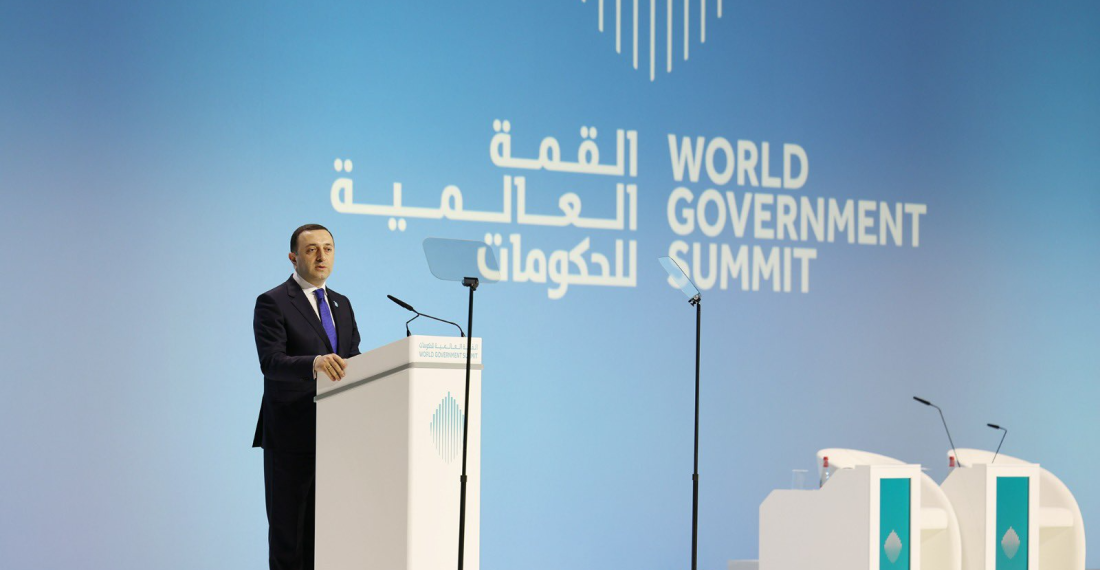The World Government Summit 2023 (WGS) in Madinat Jumeirah in Dubai, the United Arab Emirates, has begun.
The summit, the theme of which is "Shaping Future Governments", is taking place from 13-15 February and will bring together "thought leaders, global experts and decision makers from around the globe to share and contribute to the development of tools, policies, and models that are essential in shaping future governments", according to the WGS website.
Over the course of the three days, there will be over 300 sessions and over 200 speakers, as well as representatives from over 80 international, regional and intergovernmental organisations present, and over 80 bilateral agreements and high-level meetings.
The agenda of the summit consists of six main areas, namely: accelerating development and governance; future of societies and healthcare; exploring the frontiers; governing economic resilience and connectivity; global city design and sustainability; and prioritising learning and work.
The highlights
Some highlights from Monday include a speech from Georgia's Prime Minister Irakli Gharibashvili on "Unleashing Georgia's Potential: A Journey Toward Economic Prosperity", and an address from Kuwait's Prime Minister Sheikh Ahmed Nawaf Al Ahmed Al Sabah.
On Tuesday, the Tunisian Head of Government Najla Romdhane will give a speech on "Driving Positive Change: Rise of Women in Government", and there will also be an address from the United Nations Secretary General António Guterres.
On Wednesday, the UAE Minister of Cabinet Affairs and Chairman of the WGS Mohammad Al Gergawi will have a conversation with Tesla and SpaceX CEO Elon Musk, and the UAE Deputy Prime Minister and Minister of Interior Saif Al Nahyan will give a speech on "The Emirates: Solid Roots and a Vibrant Future".







